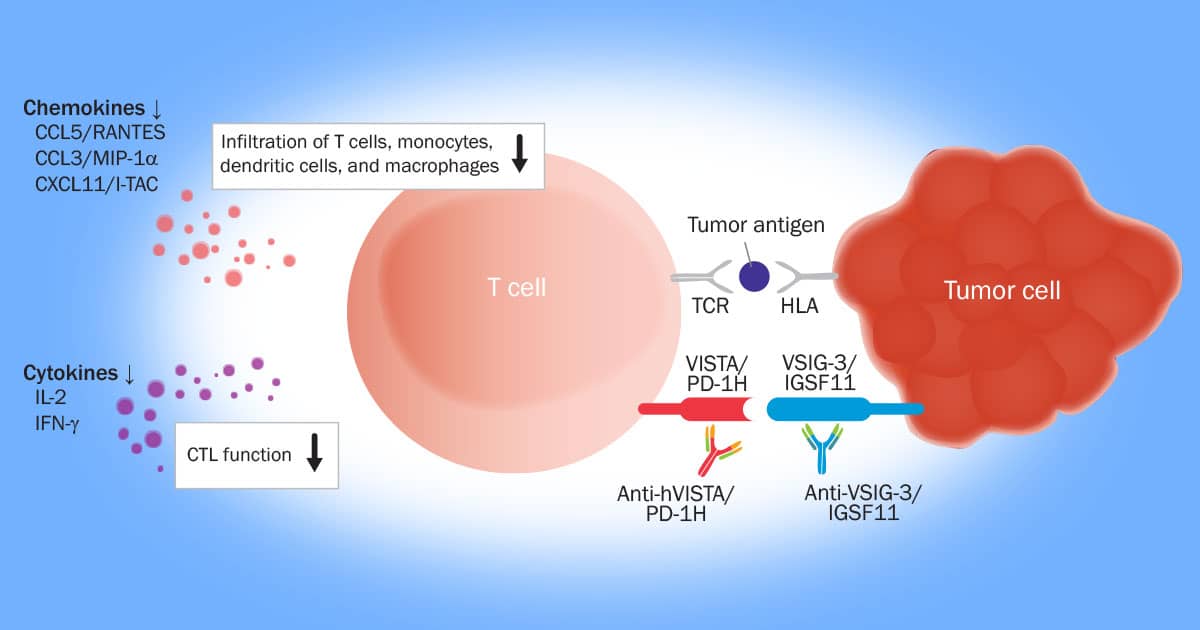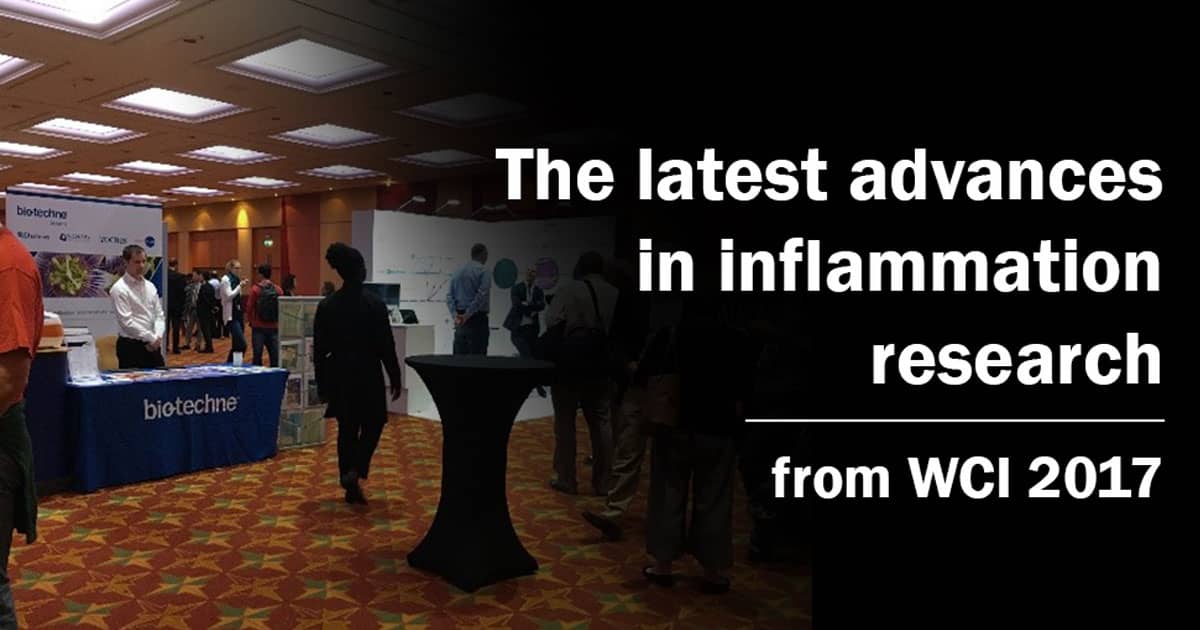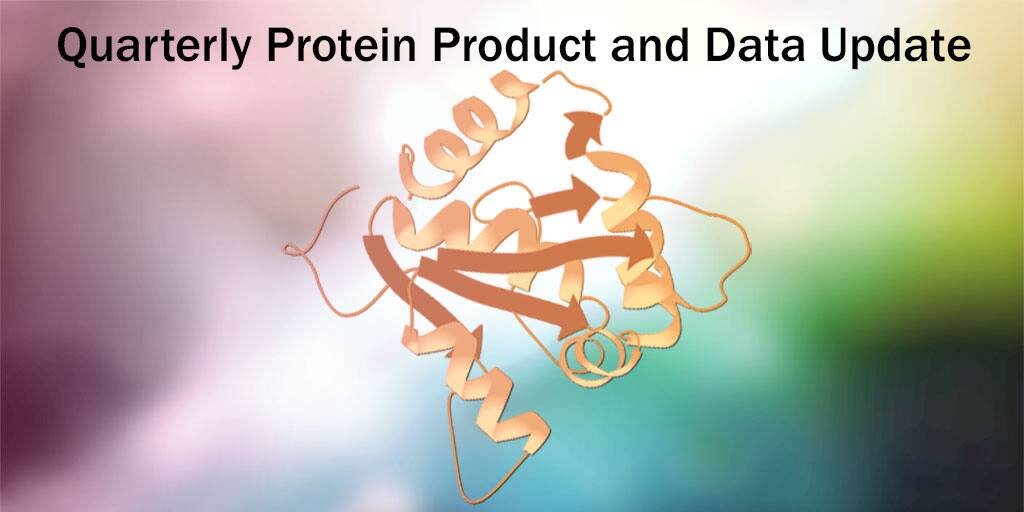R&D Systems Cell Marker Pages: The Easiest Way to Plan Your Next Experiment
One of the challenges of moving into a new research field or expanding your current field of study is determining the best markers to identify the cells you want. R&D Systems has been providing researchers with reliable tools for defining cell populations for over 30 years. Now we’ve added new Cell Marker Tools for Atherosclerosis, Asthma, and...









